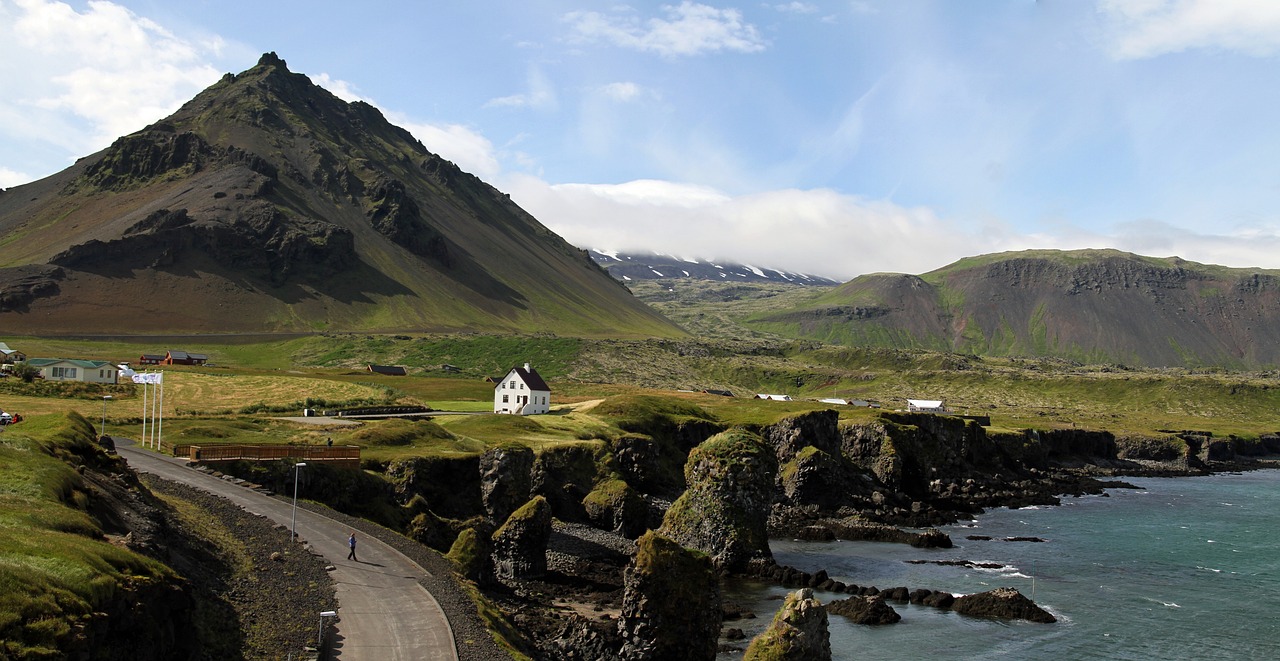Iceland Video
Navigating Local Taxes and Business Regulations in Iceland
Iceland, known for its breathtaking landscapes and vibrant culture, is also an attractive destination for entrepreneurs and businesses. However, before starting or expanding a business in Iceland, it is crucial to understand the local tax system and business regulations. This article provides a comprehensive guide to navigating local taxes and business regulations in Iceland, ensuring that you can establish and operate your business successfully.
Business Registration
To start a business in Iceland, you must first register your company with the Icelandic Directorate of Internal Revenue (RSK). The registration process involves providing detailed information about your business, such as its name, legal structure, address, and purpose. Additionally, you will need to appoint a company representative who will be responsible for communicating with the authorities.
- Choose a Business Structure: Iceland offers several business structures, including sole proprietorship, partnerships, and limited liability companies. Each structure has its own legal and tax implications, so it’s important to carefully consider which one suits your business needs.
- Submit Required Documents: Along with the registration form, you will need to submit certain documents, such as identification papers, proof of address, and a business plan outlining your objectives and financial projections.
- Pay Registration Fee: There is a registration fee associated with starting a business in Iceland. The fee varies depending on the type of business structure you choose.
Taxation in Iceland
Understanding the Icelandic tax system is essential for any business operating in the country. Here are the key taxes imposed on businesses in Iceland:
- Corporate Income Tax: Companies in Iceland are subject to a flat corporate income tax rate of 20%. This tax is levied on the company’s profits, and deductions for business expenses are allowed.
- Value Added Tax (VAT): VAT is a consumption tax imposed on goods and services in Iceland. The standard VAT rate is 24%, but reduced rates of 11% and 0% apply to certain goods and services.
- Employment Taxes: Employers in Iceland are required to withhold income tax and social security contributions from their employees’ salaries. The rates vary depending on the employee’s income level.
- Capital Gains Tax: Capital gains arising from the sale of assets, such as real estate or shares, are subject to a flat tax rate of 22%. However, certain exemptions and deductions may apply.
Employee Regulations
When hiring employees in Iceland, it is important to comply with the local labor laws and regulations. Here are some key points to consider:
- Employment Contracts: Written employment contracts are required for all employees in Iceland. The contract should outline the terms and conditions of employment, including working hours, salary, and benefits.
- Minimum Wage: Iceland has a statutory minimum wage, which is regularly revised by the government. It is important to stay updated on the current minimum wage rates to ensure compliance.
- Working Hours: The standard working week in Iceland is 40 hours. Overtime work is subject to additional compensation or time off in lieu.
- Annual Leave: Employees are entitled to a minimum of 24 paid vacation days per year, which may increase based on the length of service.
Business Licensing and Permits
Certain types of businesses in Iceland require specific licenses and permits to operate legally. The requirements vary depending on the nature of the business. Here are some examples:
- Food Service Establishments: Restaurants, cafes, and food trucks must obtain a food service license from the Icelandic Food and Veterinary Authority (MAST).
- Tourism Operators: Businesses offering tourism services, such as tour operators and travel agencies, must be registered with the Icelandic Tourist Board.
- Alcohol and Tobacco Sales: Businesses involved in the sale of alcohol and tobacco products must obtain appropriate licenses from the Icelandic Alcohol and Tobacco Administration.
Intellectual Property Protection
Protecting your intellectual property is crucial for the success and growth of your business. In Iceland, intellectual property rights are primarily governed by the Icelandic Patent Office. Consider the following:
- Trademarks: Registering a trademark with the Icelandic Patent Office provides exclusive rights to use and protect your brand name, logo, or design.
- Copyrights: Copyright protection automatically applies to original literary, artistic, and scientific works. However, registering your copyright with the Icelandic Patent Office strengthens your legal standing.
- Patents: Patents protect inventions and technical innovations. To obtain patent protection in Iceland, you must file a patent application with the Icelandic Patent Office.
Environmental Regulations
Iceland places a strong emphasis on environmental sustainability. Businesses operating in Iceland must comply with various environmental regulations. Consider the following:
- Waste Management: Proper waste management practices are essential. Businesses must adhere to guidelines for waste disposal and recycling.
- Energy Efficiency: Promoting energy efficiency is encouraged in Iceland. Businesses are encouraged to adopt energy-saving measures and utilize renewable energy sources.
- Nature Conservation: Iceland’s unique natural environment must be protected. Businesses operating in environmentally sensitive areas may need additional permits and must follow specific guidelines.
Conclusion
Navigating local taxes and business regulations in Iceland is essential for setting up and running a successful business. Understanding the registration process, tax obligations, employee regulations, licensing requirements, intellectual property protection, and environmental regulations will help you establish a compliant and thriving business in this beautiful Nordic country.
References
– Directorate of Internal Revenue (www.rsk.is)
– Icelandic Tourist Board (www.ferdamalastofa.is)
– Icelandic Patent Office (www.els.is)
– Icelandic Food and Veterinary Authority (www.mast.is)
– Icelandic Alcohol and Tobacco Administration (www.tollur.is)


